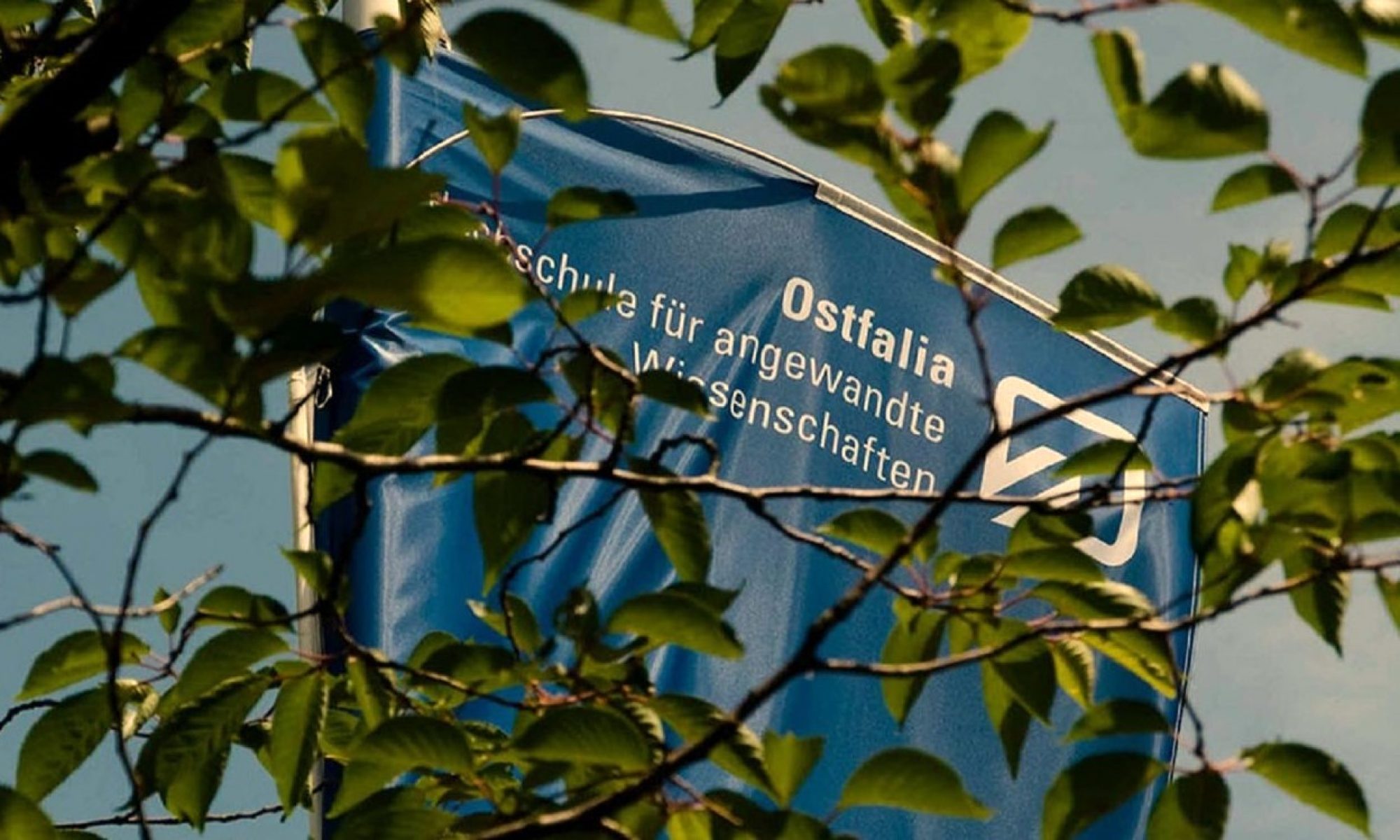Akkaya, T.
t.akkaya@tudelft.nl
Delft Institute of Applied Mathematics, Delft University of Technology, The Netherlands
Abstract
This study investigates the impact of immersive learning activities, specifically a redesigned board game, to enhance student engagement and motivation in learning higher mathematics, such as vector calculus. While blended learning tools, including Massive Open Online Courses (MOOCs), have significantly improved access to education, challenges like high dropout rates and declining classroom participation persist. These issues often are observed due to students’ limited capabilities to manage their studies effectively and the lack of appropriate didactic models (Rothkrantz, 2016). To address these challenges, this study introduces GameBased Learning (GBL) mechanics as an intervention to create engaging in-class activities and to promote active learning. GBL has emerged as a promising model in higher education, particularly post-COVID, by promoting critical skills such as problem-solving, strategic thinking, and decision-making (Rye & Sousa, 2023).
The redesigned board game aligns with specific learning objectives and mathematical competencies, focusing on decision-making and mathematical communication. Decision-making, a core skill in vector calculus, involves selecting appropriate mathematical tools to solve problems (Craig & Akkaya, 2022). Mathematical communication, often overlooked in traditional teaching, emphasizes the ability to engage in written, oral, and visual communication within mathematical contexts, utilizing precise terminology, representations, and theories (Niss & Højgaard, 2019).
The intervention will be implemented with first-year aerospace engineering students, integrated into a specially designed lesson plan. Students will engage with exam level questions using guided tools like decision making trees and guided by a teacher. Evaluation will include classroom observations, student responses to interactive questions, and post-activity interviews.
This study contributes to developing innovative teaching practices by leveraging immersive activities to address enduring challenges in higher mathematics education, with implications for enhancing student learning outcomes and retention in STEM disciplines.
Keywords
Immersive games, Game-based learning, Vector calculus, Engineering students
References
Rothkrantz, L. (2016). Dropout rates of regular courses and MOOCs. In Proceedings of the 8th International Conference on Computer Supported Education (CSEDU) (pp. 9-18).
Rye S and Sousa C (2023) Investigating Inclusivity in Game-Based Learning: Current Practices and Multistakeholder Perspectives. 17th European Conference on Games Based Learning. 5-6 Oct 2023. University of Twente, Enschede, The Netherlands.
Craig, T. S., and Akkaya, T. (2022) Forced to improve: open book and open internet assessment in vector calculus. International Journal of Mathematical Education in Science and Technology, 53(3), 639-646. https://doi.org/10.1080/0020739X.2021.1977403
Niss, M., Højgaard, T. (2019) Mathematical competencies revisited. Educ Stud Math 102, 9–28. https://doi.org/10.1007/s10649-019-09903-9
